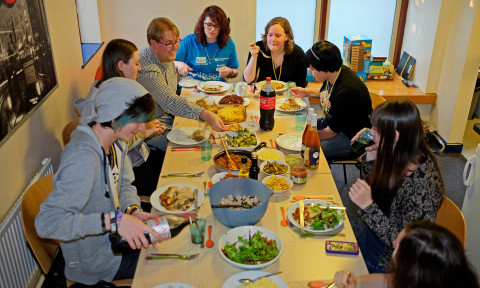
Rhiannon Lucy Cosslett’s article on access for autistic individuals recognised that “autism friendly” sessions are not necessarily a solution, and carry their own dangers (Guess what – people with autism like the cinema too, 2 May).
Many conferences on autism now have modifications such as quiet withdrawal spaces, reduced lighting and “deaf clapping” (silent waving). It is reasonable to meet the needs of known autistic individuals attending an event but not to assume all “autistic” needs are common.
A withdrawal space may be useful for all (although perhaps then not so quiet). Some autistic individuals find it difficult to cope with fluorescent lighting and/or high glare or contrast, but others are disturbed and disoriented by low levels of lighting, especially if this results in more shadows. Many autistic individuals have learned to cope with clapping if they know when it will happen and it does not go on for too long. Some are excited by “flapping” and feel compelled to join in when exposed to it, often becoming disoriented and upset.
The danger is that these changes give the impression of dealing with the problem of access, whereas the effect is greater segregation. Will not special autism sessions increase intolerance at other times?
Most of the things autistic individuals find intolerable (“lift” music everywhere, crowded aisles in supermarkets with unwanted intrusive advertisements, sudden, badly articulated announcements, etc) are also disliked by the rest of us. Getting things right for most autistic people without assuming they are all the same would benefit us all, and we would not need segregated special events or sessions.
from https://www.theguardian.com/society/2018/may/06/inclusion-is-best-for-p…
It's not a "yes or no" issue. Some autistic people need autism specific supports, situations, etc. some of the time. People vary and their needs vary. An autistic person may have different needs at different times.